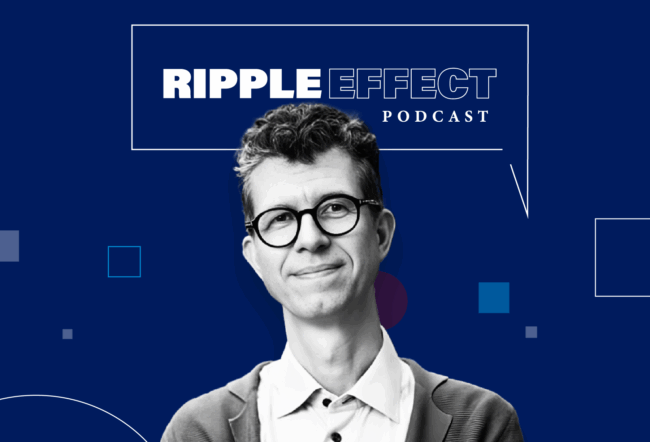 Groupon made its debut on the stock market today, and company shareholders collectively stand to earn billions in one of the most anticipated IPOs of the year.
Groupon made its debut on the stock market today, and company shareholders collectively stand to earn billions in one of the most anticipated IPOs of the year.
Late Thursday, Groupon priced shares at $20, which was above the expected range and values the group buying site at around $13 billion. The stock soared up to 55% higher in Nasdaq trading this morning, climbing to a peak of $31 a share. It was around $28 by early afternoon.
But concerns persist over the long-term sustainability of the company’s business model, which has spawned dozens of competitors since Groupon launched in 2008. Kartik Hosanagar, a Wharton professor of operations and information management, says Groupon faces not only the challenge of finding the right business mix, but also managing the waves of change that come with being a young company.
Groupon faced several hurdles in the run-up to its IPO. Barely a month ago, some early institutional investors raised concerns about possible write-downs as the IPO market then seemed tepid, according to the Wall Street Journal. Around that time, the U.S. Securities and Exchange Commission (SEC) faulted Groupon’s method of calculating revenue because the firm wasn’t taking into consideration subscriber acquisition expenses such as marketing costs. The company has since made adjustments in response, the WSJ reported. But those developments hurt Groupon’s pre-IPO valuation, which fell from a peak of $30 billion to one institutional investor’s estimate of $8.7 billion.
Meanwhile, another company expected to launch a closely watched IPO this year — social gaming firm Zynga — is also facing roadblocks. Zynga’s games, which include FarmVille and Mafia Wars, are almost completely dependent on Facebook’s platform. SEC filings made over the summer in preparation for taking the company public showed that while Zynga was able to build a large user base with little upfront investment by partnering with Facebook, Zynga’s fate is largely in the hands of Facebook. In October, Zynga announced that it will begin delivering games directly to consumers through a service called Zynga Direct.
Zynga’s efforts to diversify its delivery methods beyond Facebook are “critical in the long-term,” Hosanagar notes. “The dependence was not good because Zynga’s fortunes depended so heavily on Facebook’s strategy. That was disconcerting to potential investors. Ultimately, Zynga needs to deliver on Zynga Direct and show that it has a large and growing revenue stream independent of Facebook. When it does that, Zynga will have a more convincing pitch for the market.”
The common theme, according to Hosanagar, is that “these are all young companies and it may take some more time before they are ready for retail investors.” In the case of Groupon, the accounting method that drew scrutiny from the SEC “was not uncommon and is not fundamentally flawed either,” he points out. “That said, the approach seemed to inflate [Groupon’s] top line.”
But Groupon’s challenges are not over. In a recent Knowledge at Wharton story about the business model for group buying sites, Wharton marketing professor David Reibstein noted that when the economy enters a more robust recovery, offering steep discounts via Groupon becomes less attractive to partner businesses. “The reason some retailers might be willing to provide supply to Groupon is because they have excess inventory…. As the economy picks up and there is less excess inventory, the availability of supply will go down. The willingness of the merchant to offer deep discounts will go down.”



